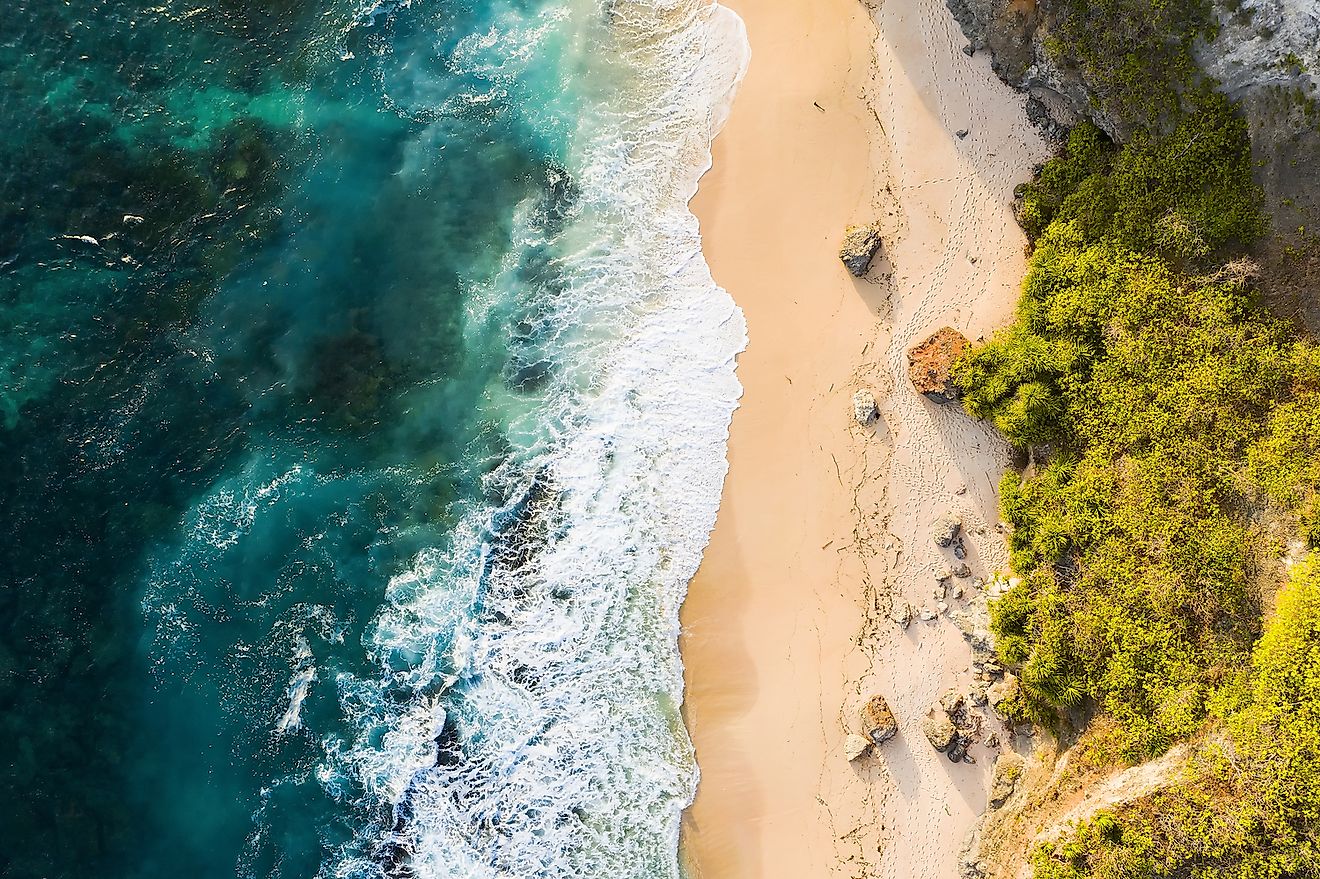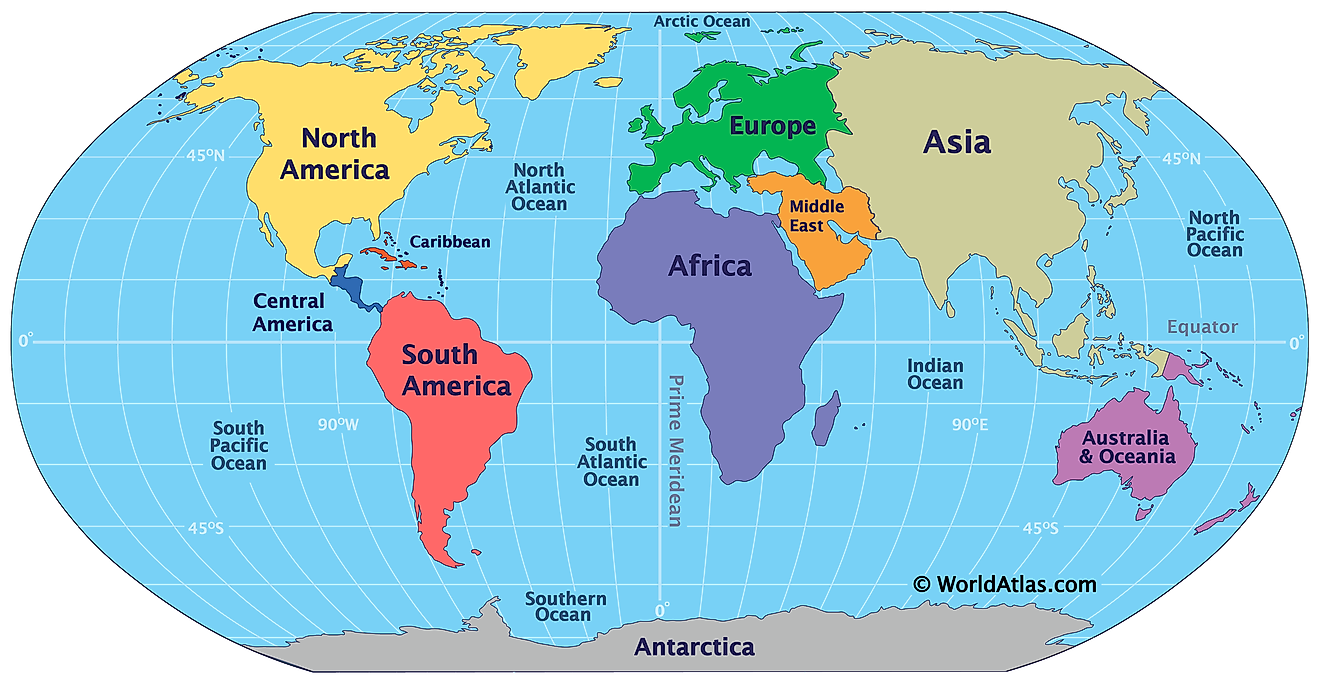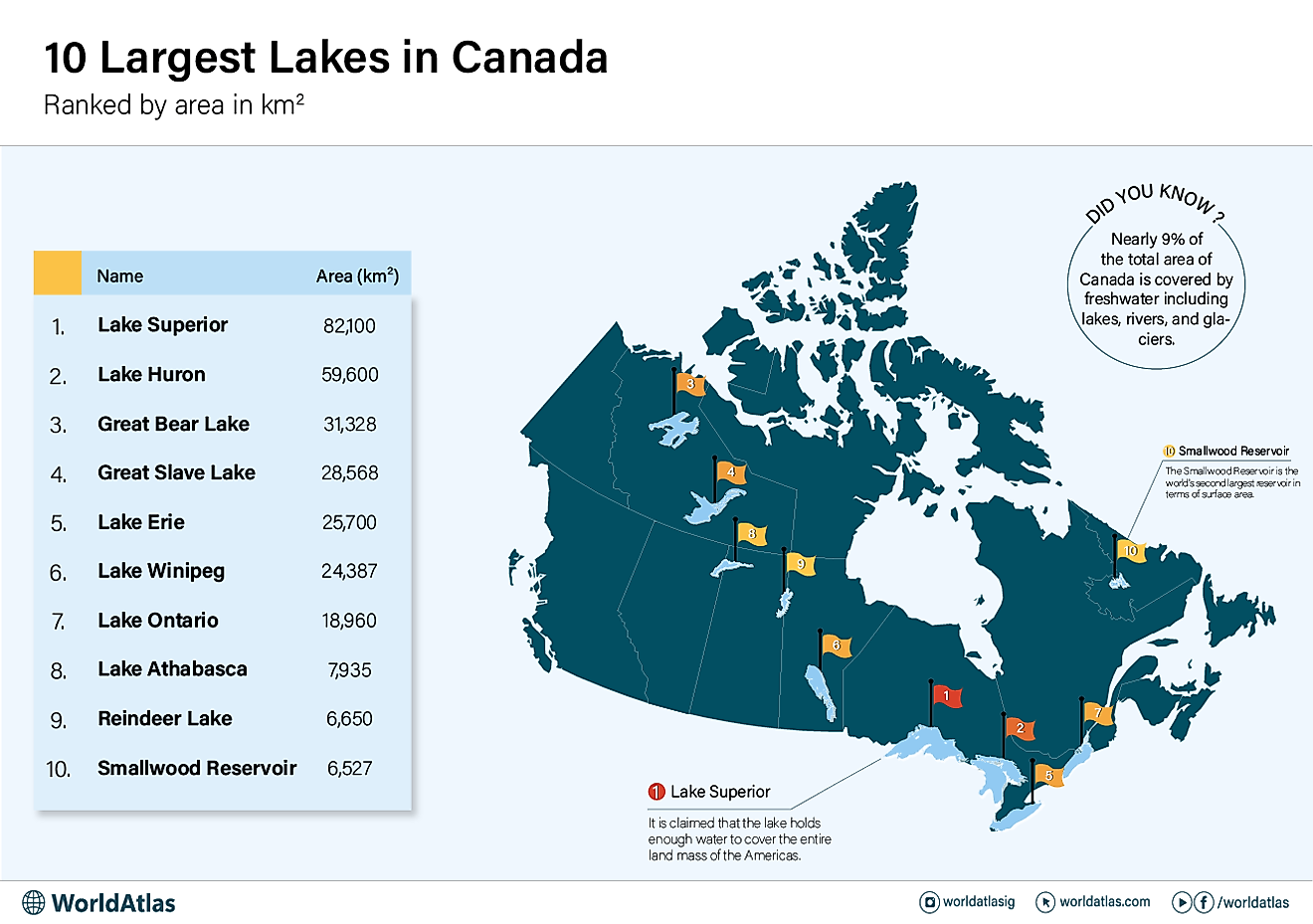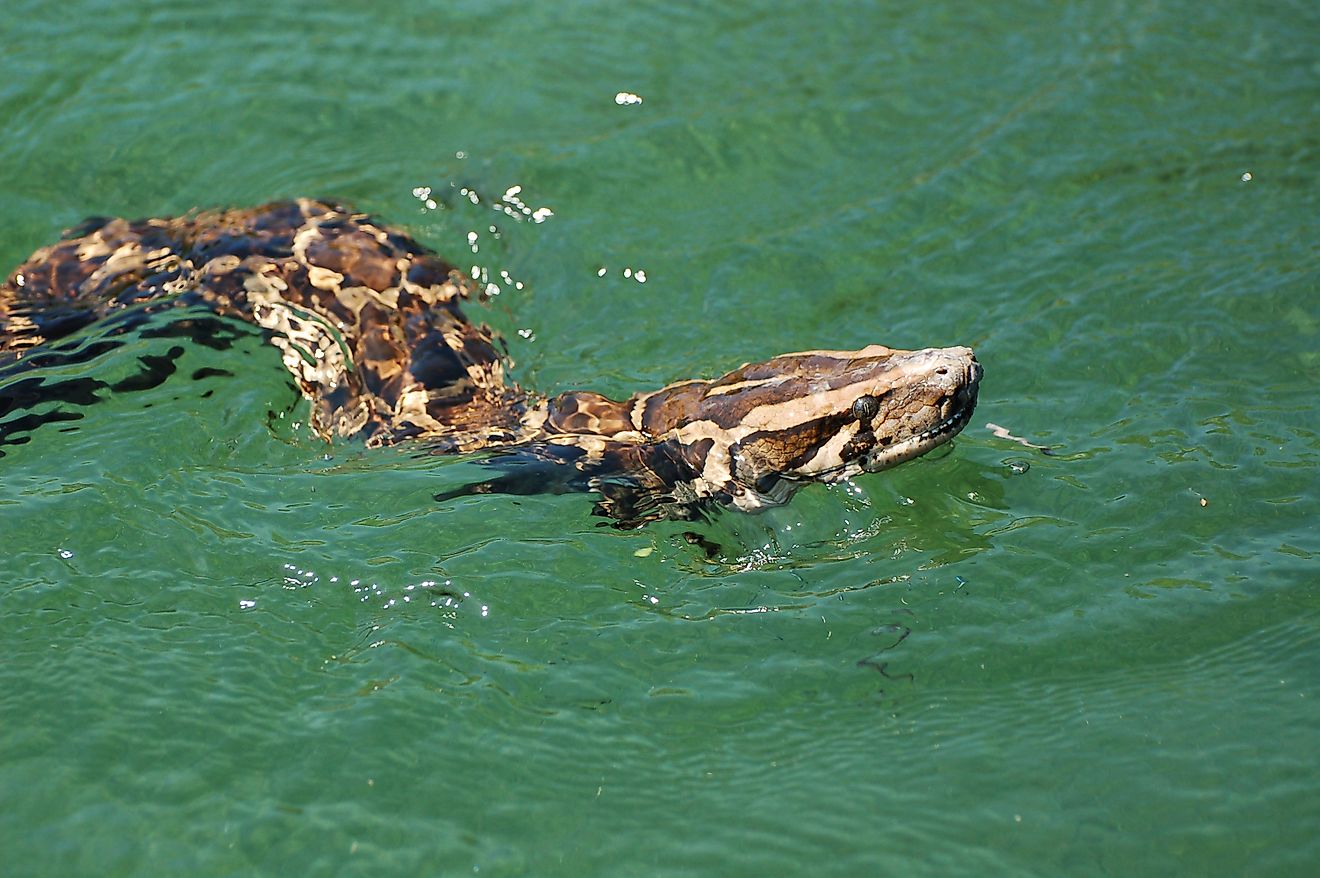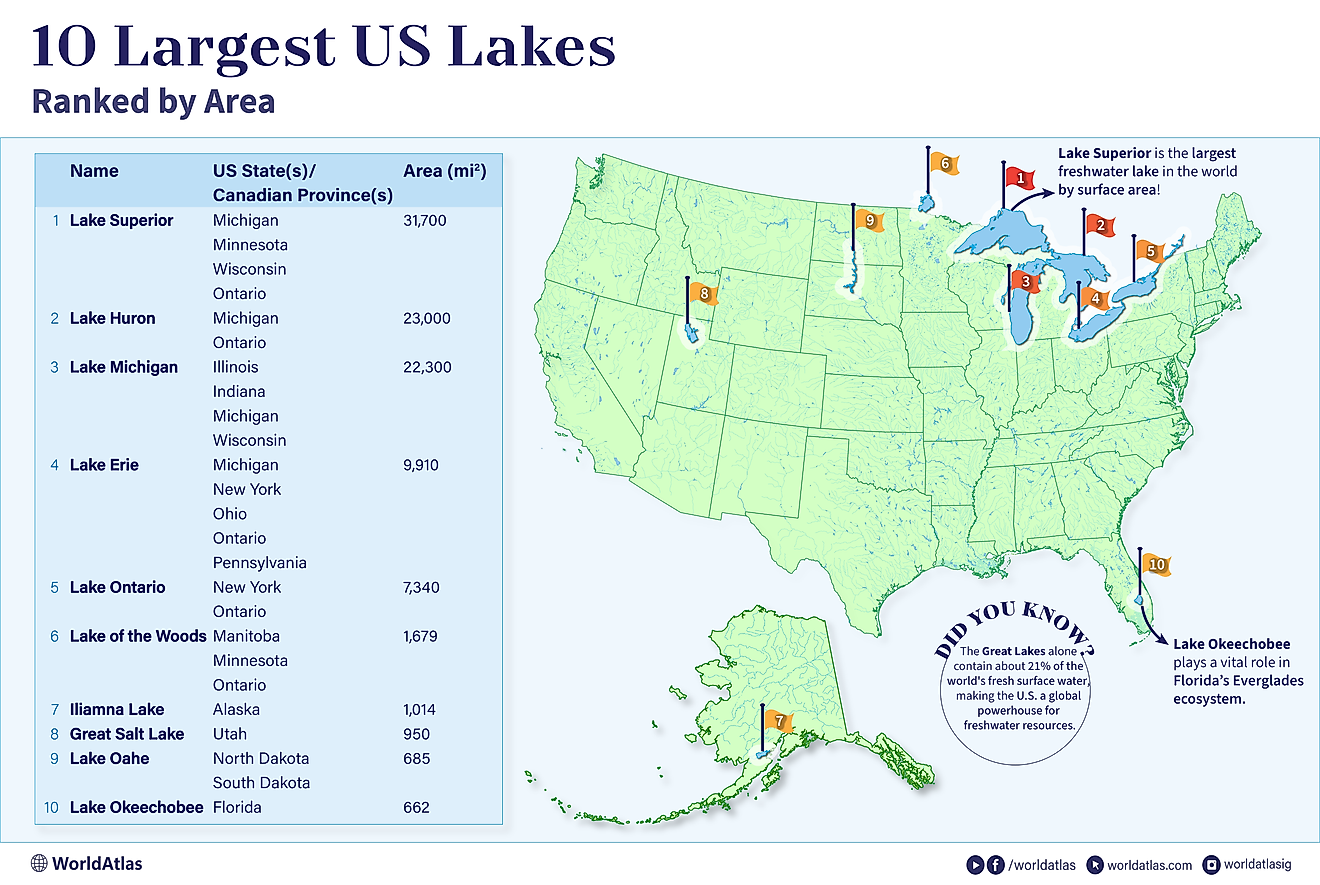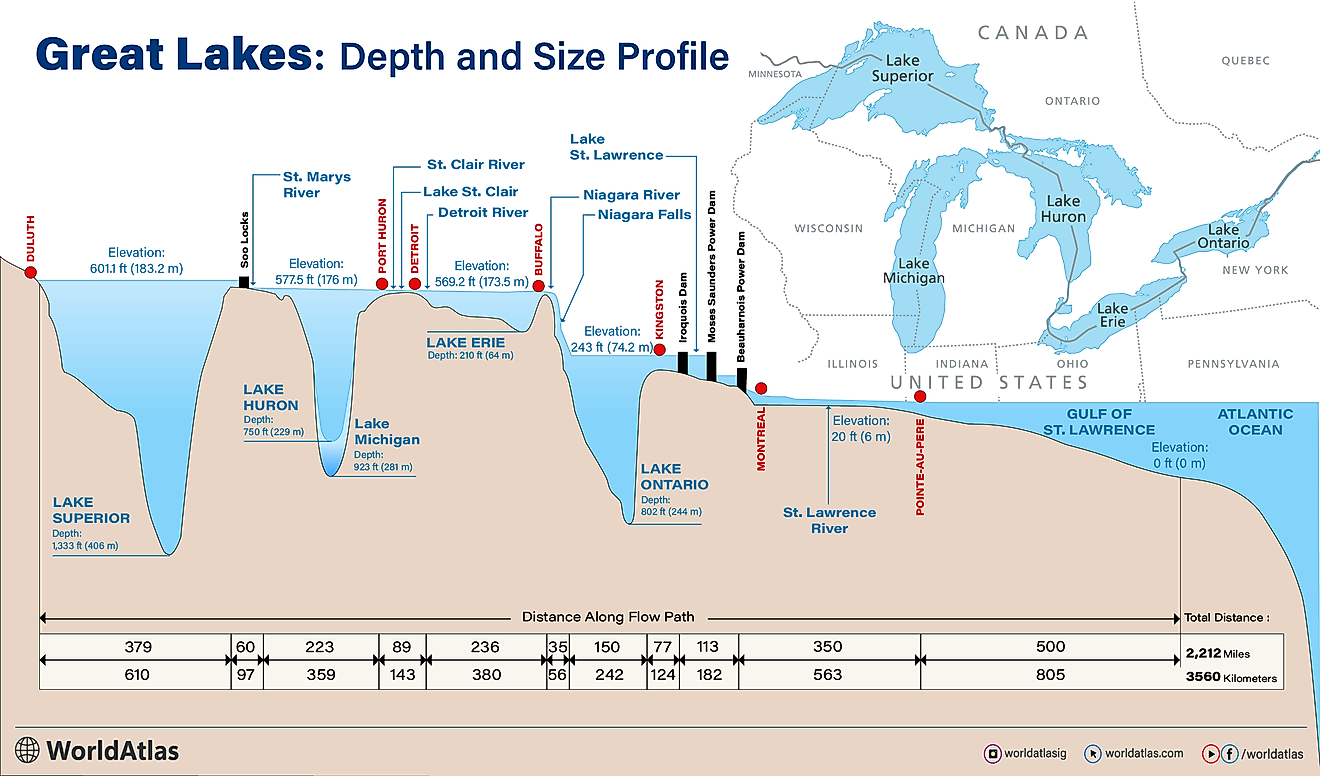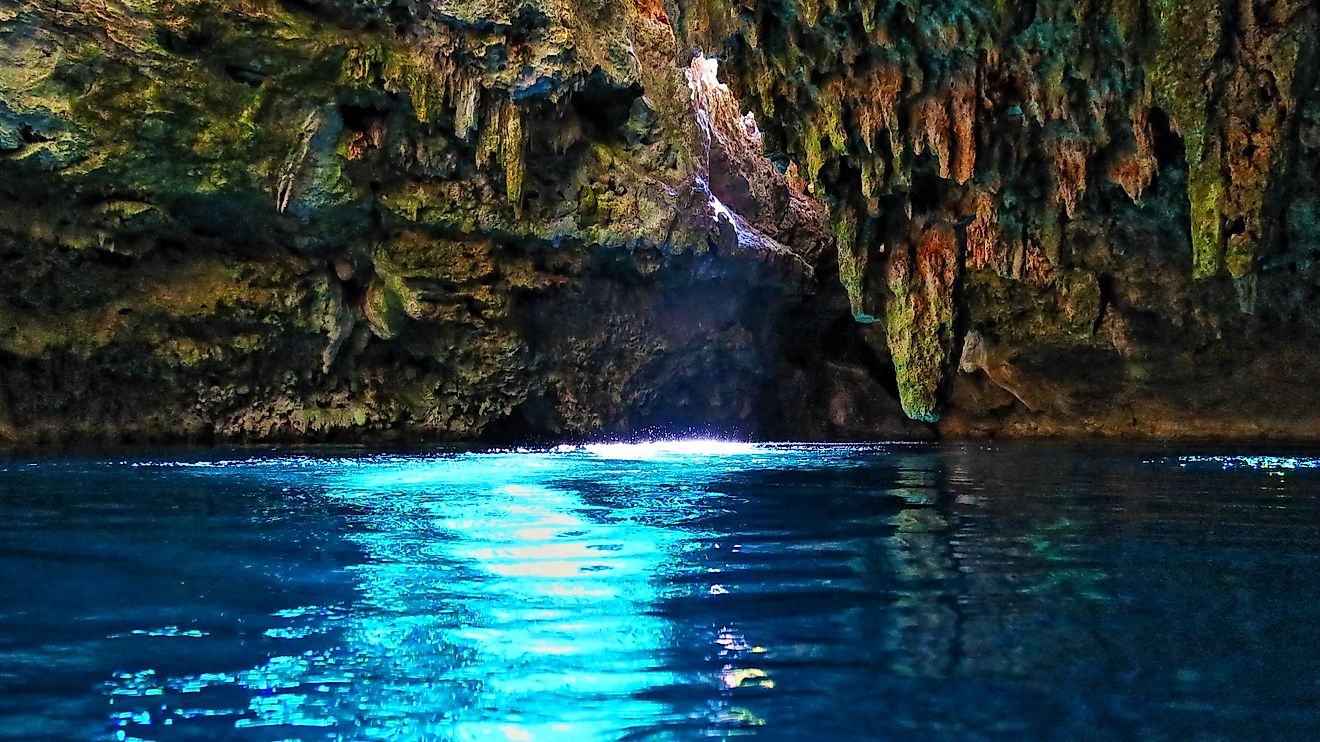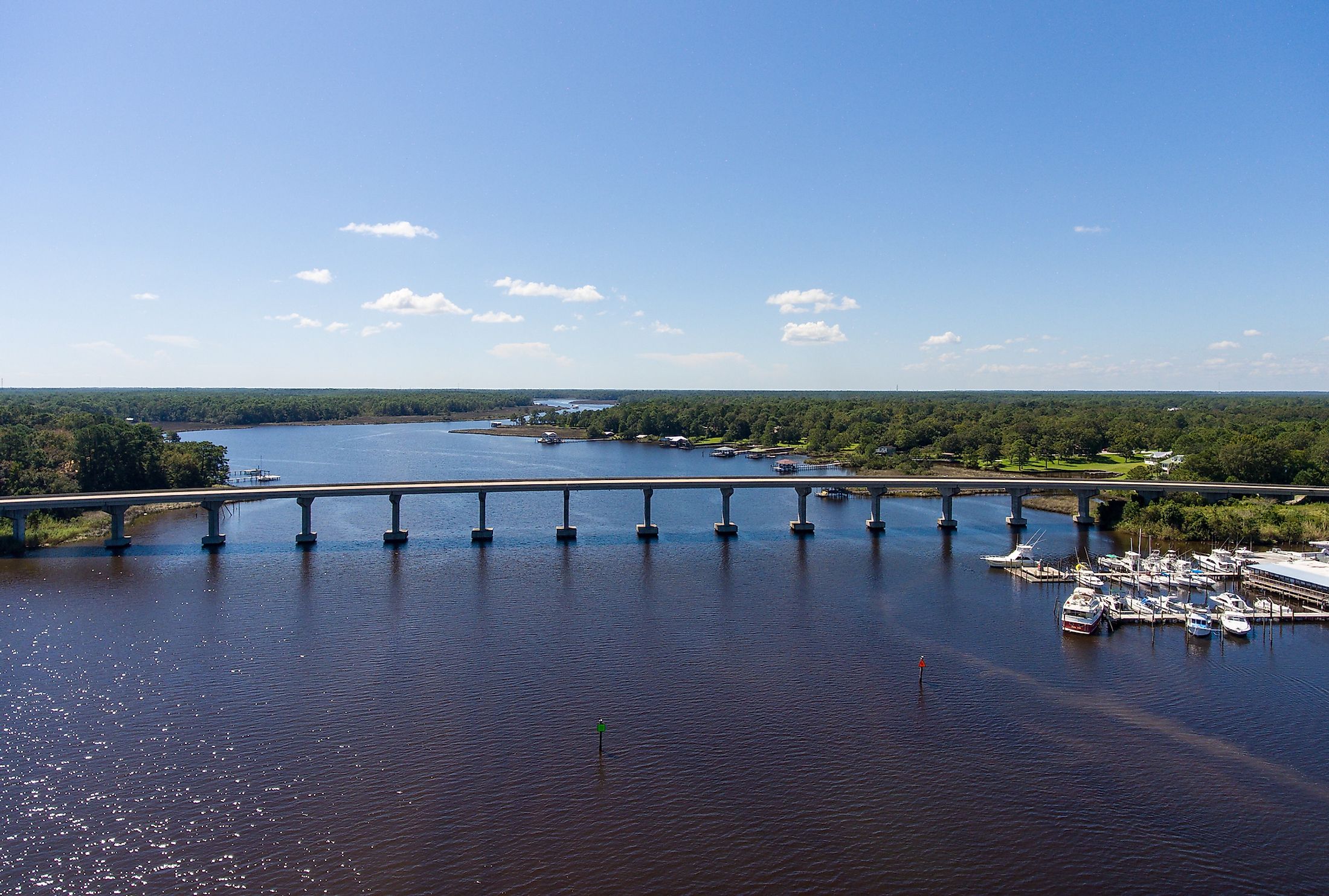
Mississippi Sound
Mississippi Sound is a 145km long arm of the Gulf of Mexico that extends from the city of Waveland in the US State of Mississippi to the Dauphin Island Bridge in the US State of Alabama. The Mississippi Sound thus spans the entire Gulf Coast of the United States. The Dauphin Island Bridge, in turn, separates the Mississippi Sound from the Mobile Bay.
About The Mississippi Sound
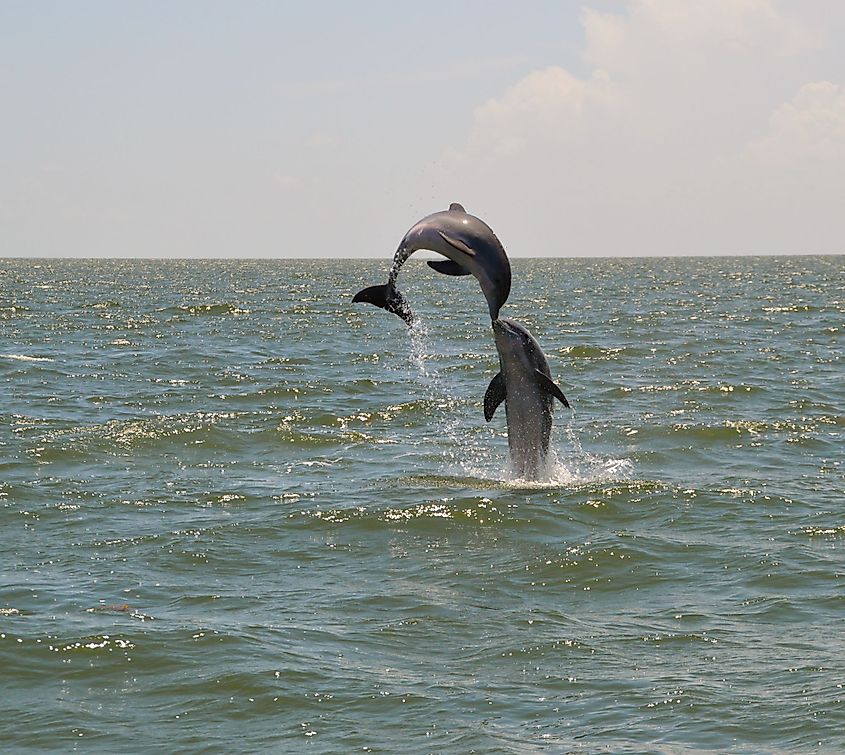
The Mississippi Sound has a surface area of 2,128.87 sq. km, and its width ranges between 11 to 24km. Significant portions of this elongate estuarine basin reach a maximum depth of about 6m. The Mississippi Sound forms a part of the Intracoastal Waterway and receives an influx of freshwater via two major rivers: the 715km long Pearl River and the 130km long Pascagoula River; many minor rivers: Biloxi, Escatawpa, Jourdan, Tchoutacabouffa, and Wolf rivers; and several bayous including Turkey, David and Bernard bayous. The Pascagoula River discharges about 378.35 cubic meters of water per second, and the Pearl River drains about 327.72 cubic meters of water per second into the Mississippi Sound.
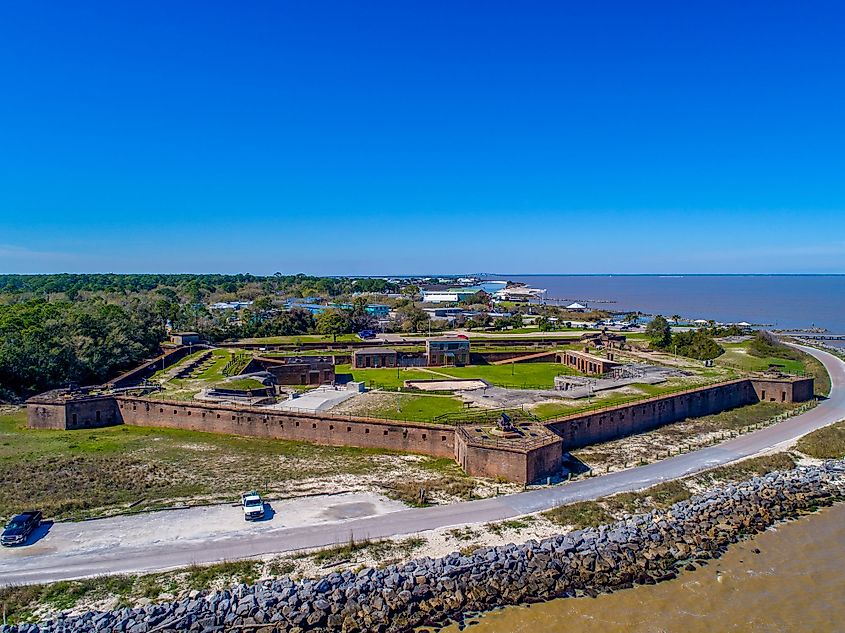
The Mississippi Sound is separated from the Gulf of Mexico on its southern side by a chain of narrow islands and sand bars. These islands and sandbars form a part of the Mississippi-Alabama barrier islands of which the Dauphin Island, Cat Island, Horn Island, East Ship Island, West Ship Island, and Petit Bois Island are the major islands. The Petit Bois Island, Ship Islands, and Horn Island are also a part of the Gulf Islands National Seashore. The Mississippi Sound exchanges its waters with the Gulf of Mexico through several passes located between these barrier islands.
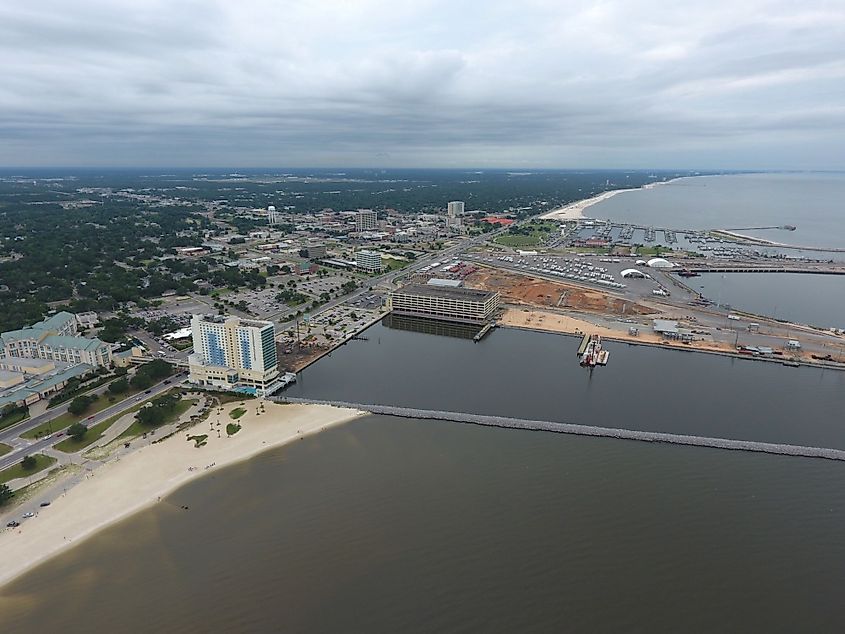
Many coastal bays are contained within the Mississippi Sound, including Biloxi Bay, St. Louis Bay, Grand Bay, and Pascagoula Bay. Two ship channels cross the Mississippi Sound. These include the Gulfport Channel with a project depth of 9.1m and the Pascagoula Channel with a project depth of 11.6m. A part of the Gulf Intracoastal Waterway also crosses the sound and has a project depth of 4m. Gulfport and Pascagoula are two deepwater ports located along the Mississippi Sound. At present, the traditional harvest of shellfish in the waters of the Mississippi Sound has been cut down due to a decline in the quality and numbers of shellfish caused by pollution, flooding, hurricanes, and droughts. The Federal and State authorities have taken up various programs to restore shellfish and monitor water quality.


